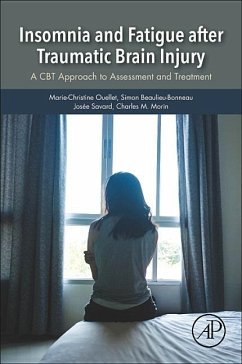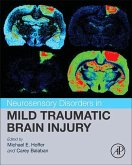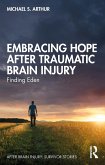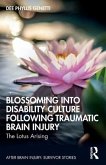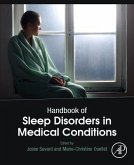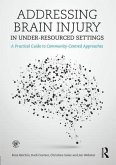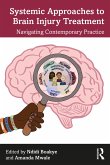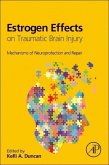Insomnia and fatigue are two of the most frequent consequences after traumatic brain injury (TBI). About 30% of individuals suffer from chronic insomnia, an additional 20% have symptoms of insomnia, and up to 75% have significant and persistent fatigue. There is a strong empirical basis for the effectiveness of cognitive-behavioral interventions for the management of insomnia and fatigue in the general population and in other patient populations, and emerging research shows that these interventions seem applicable with similar benefits to people with TBI. Insomnia and Fatigue After Traumatic Brain Injury: A CBT Approach to Assessment and Treatment is written by a team of four scientist-practitioners in psychology who are experts in sleep medicine, cognitive-behavioral therapy for insomnia, and traumatic brain injury (TBI). Together they have authored this assessment and intervention manual for insomnia and fatigue, intended for clinicians working with the TBI population. Based on cognitive-behavioral principles, the manual integrates evidence-based interventions and techniques used by expert clinicians working with these populations. Throughout the development process, there has been an ongoing integration of the best available research, specialized clinical expertise, and knowledge transfer expertise: all of these perspectives were used to choose, revise, and format the content of the manual as to ensure that it would be most useful for the target audience.
Hinweis: Dieser Artikel kann nur an eine deutsche Lieferadresse ausgeliefert werden.
Hinweis: Dieser Artikel kann nur an eine deutsche Lieferadresse ausgeliefert werden.

